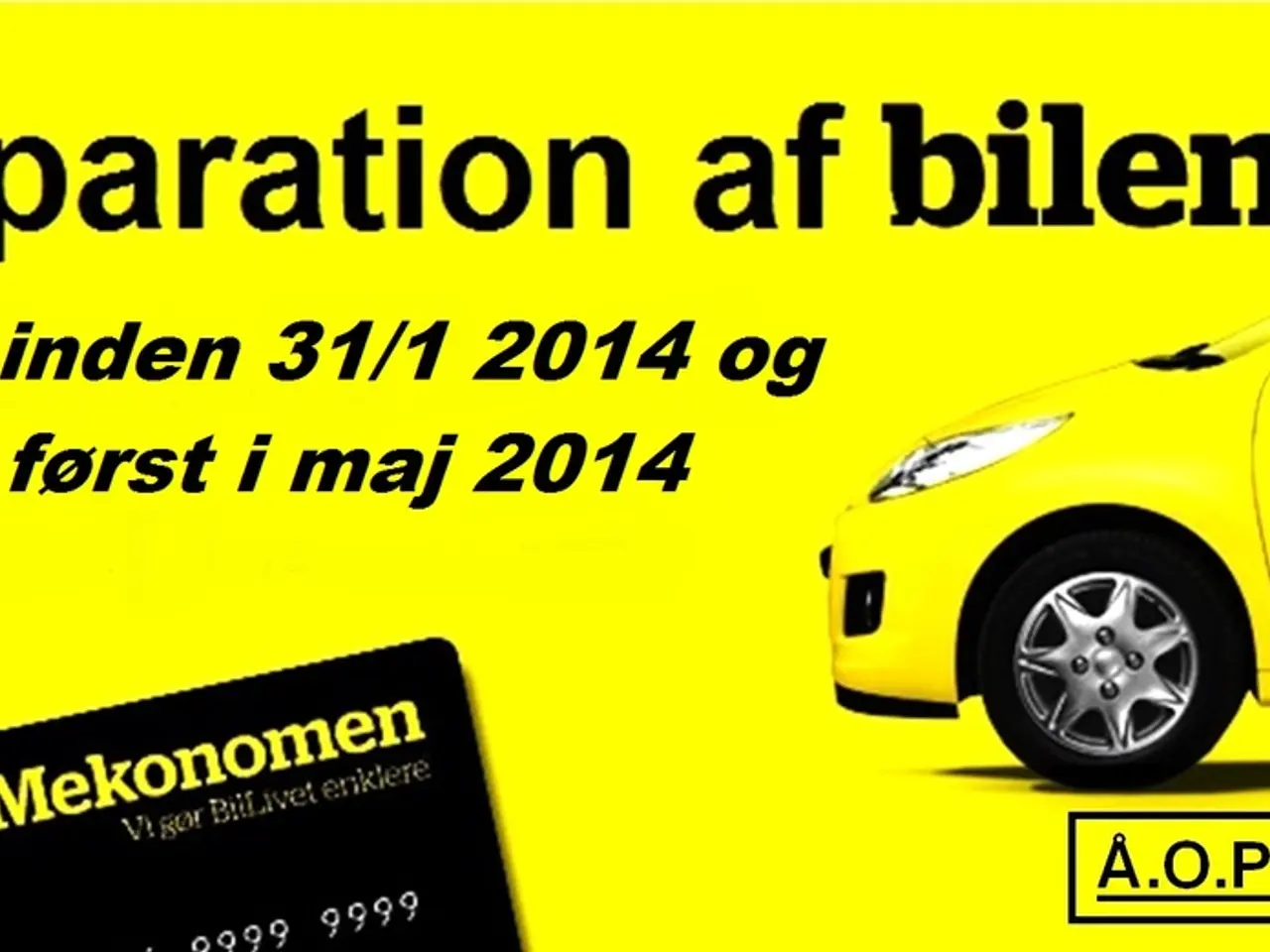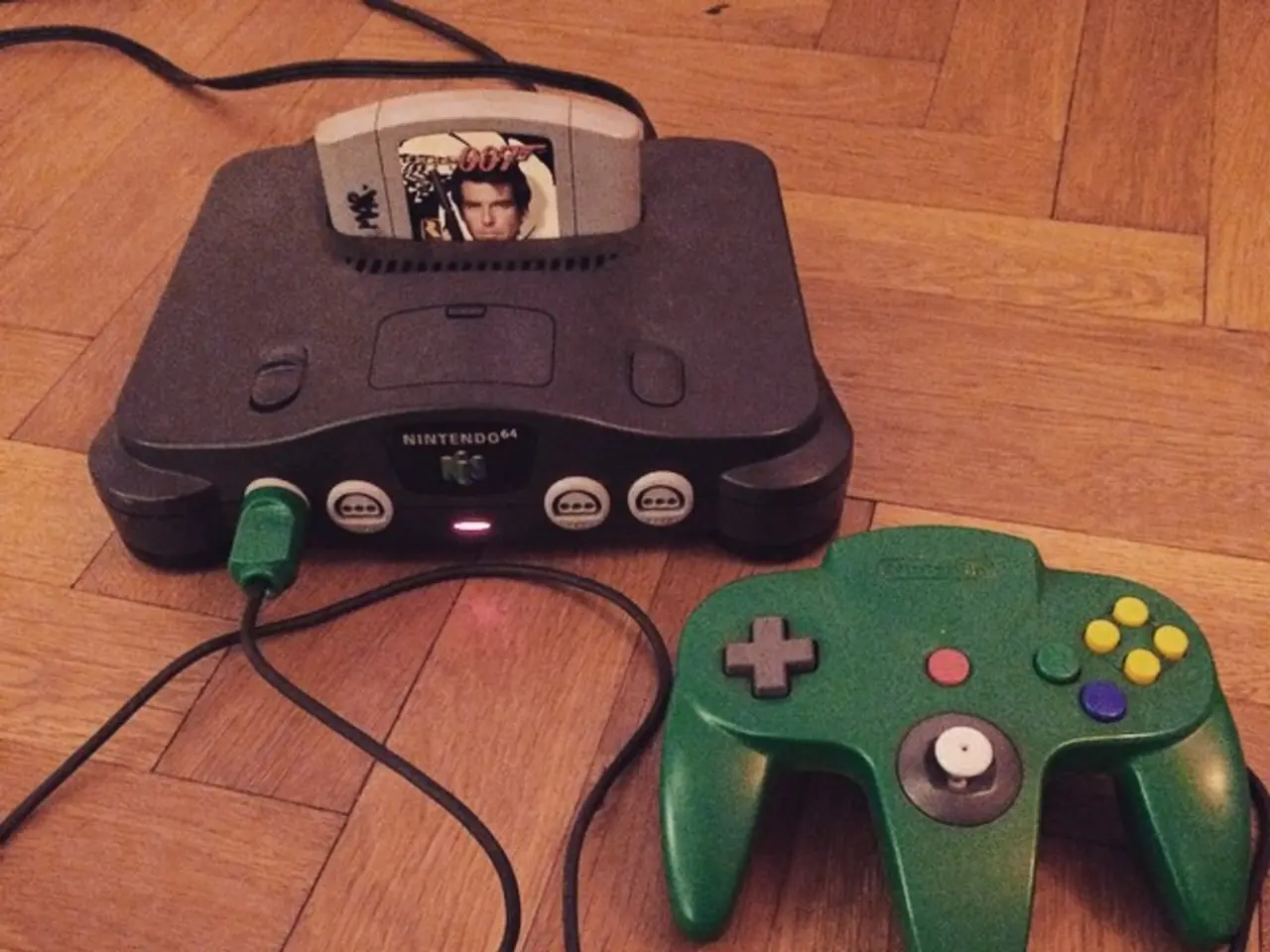Fiat's 500e model is set to receive a LFP battery, aiming for reduced costs and improved performance.
Fiat is set to revolutionise its all-electric city car, the Fiat 500e, with a new Lithium Iron Phosphate (LFP) battery. This upgrade, part of a €100 million investment by Fiat and Stellantis, is designed to improve the vehicle's performance, extend its range, and reduce manufacturing costs, making it a strong contender in the urban EV market.
The LFP battery upgrade is expected to offer improved performance and cost savings compared to traditional lithium-ion batteries. LFP batteries are renowned for their lower cost per kWh, which translates to more affordable electric vehicles, aligning with Fiat's aim to make the 500e an accessible, compact EV for urban use.
One of the key advantages of LFP batteries is their exceptional thermal stability. This makes them safer and more reliable, especially in warmer or tropical climates, adding to the durability and longevity of the battery packs in the Fiat 500e.
Another benefit is the potential for localised manufacturing and supply chain advantages. Regions such as Argentina are developing LFP battery-material hubs to reduce import costs and streamline supply chains, which could help Fiat keep production costs low and maintain competitive pricing in markets sensitive to tariffs and logistical expenses.
The LFP battery upgrade could position the Fiat 500e as a value-driven model in the affordable EV segment, helping to increase adoption among price-conscious consumers. It supports Fiat’s strategic goal of producing urban electric vehicles that are practical, safe, and economically attractive without requiring the high energy density (and cost) of premium battery chemistries.
Fiat has partnered with battery supplier CATL to develop the new LFP battery pack. The updated 500e with the LFP battery could follow shortly after, potentially arriving by 2026. The LFP battery upgrade is expected to attract more buyers looking for a cost-effective urban EV, helping Fiat to position the 500e as a more practical and cost-effective choice for urban EV buyers.
Sources: [1] Fiat Chrysler Automobiles (2021). Fiat 500e to receive Lithium Iron Phosphate (LFP) battery upgrade. Retrieved from https://www.fiat.com/news/fiat-500e-to-receive-lithium-iron-phosphate-lfp-battery-upgrade [2] Jaffe, A. (2021). Fiat's LFP Battery Strategy: Cost Reduction, Thermal Stability, and Suitability for Affordable EV Segments. Greentech Media. Retrieved from https://www.greentechmedia.com/articles/read/fiats-lfp-battery-strategy-cost-reduction-thermal-stability-and-suitability-for-affordable-ev-segments
- The improvement in battery technology, through the adoption of Lithium Iron Phosphate (LFP) batteries, is not only limited to the automotive industry, as data-and-cloud-computing technology companies are also investigating their use due to their lower cost per kWh and thermal stability.
- The rise of LFP batteries in the transportation sector could potentially disrupt the traditional financial landscape, as investments in electric vehicle (EV) manufacturing and battery production are forecasted to increase significantly, offering opportunities for tech-focused venture capital firms.
- In the sports world, the integration of LFP batteries in racecars has the potential to boost racing competitiveness while minimizing the impact on the environment, as these batteries offer improved performance and safety characteristics.
- As Fiat strategically moves towards lower-cost, urban electric vehicles, partnerships with technology leaders such as CATL and regional supply chain optimizations in areas like Argentina contribute to the wider adoption of energy-efficient solutions across various industries, from automotive to energy, and transportation to data-and-cloud-computing.




